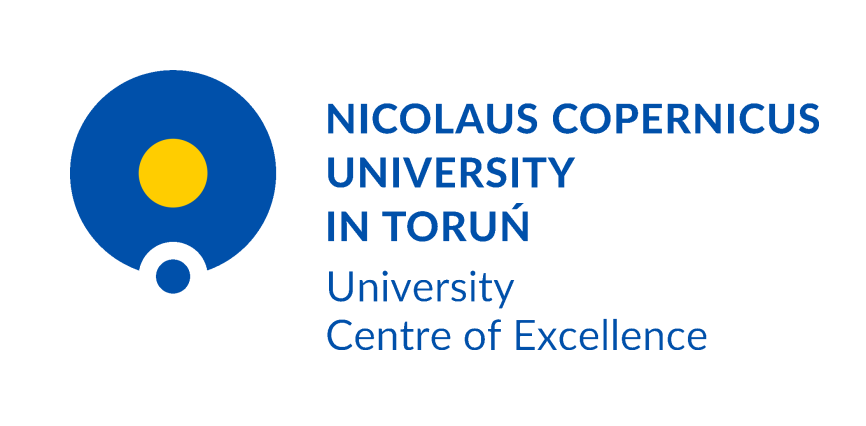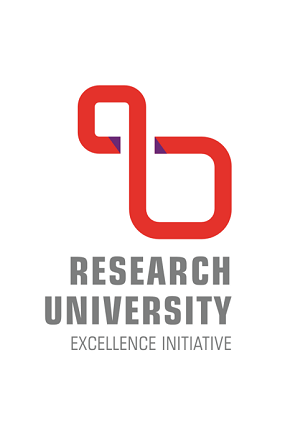SKILLS for cutting-edge Social Sciences and Humanities

Skills for cutting-edge Social Sciences and Humanities (SKILLS) is a series of strictly practical seminars where top researchers share their success stories and actively guide others to reach similar accomplishments. Within the IMSErt center and collaborating groups we have enormous potential: our researchers are among the 2% most cited scholars, have published in Nature, have received top European grants, have overseen European grant programmes as vice-chairs, have launched international programmes of studies, have pioneered new statistical models in linguistics, or have successfully ported LLM-based techniques between fields. This is huge intellectual capital that has however largely remained fragmented and locked within individual research groups. Let us now unlock it – with the SKILLS seminar we put these brains together and make them trade the practical knowledge and experience that got them best results.
This seminar focuses on skills and practical knowledge essential for building a high-quality research ecosystem that tend to be universal across research topics. As high-gain research increasingly transcends individual disciplines, groups in diverse fields often use similar methods, tools and software solutions, or face similar challenges or recurring problems in their daily practice. Some of the main areas we target are:
- publishing in top interdisciplinary journals,
- an inside view on application and review in top-level grant programmes (ERC, COST, MSCA, etc.),
- implementing pioneering international actions (new networks, consortia, MA study programmes),
- latest AI-based tools for productivity in research,
- successful collaboration with non-academic stakeholders (business, policymakers, local government and administration, activists, students, special needs groups, etc.)
- mapping out key assets available across IMSErt and beyond, for example
- equipment and facilities (e.g. VR, eyetracking, motion capture, computational clusters)
- expertise and experience
- local and international networks of contacts and collaborators
- identifying and dealing with major issues and stumbling blocks to progress
- inviting external experts for advice,
- assigning working groups,
- developing sets of recommendations to implement at the level of our center, faculties, whole university, or even scientific policy of the state.
Meetings
20 February 2025, 16:00 CET, room 307 Collegium Maius NCU Toruń
Adam Izdebski
Boundaries and dialogue. Takeaways from a lived interdisciplinarity between history and ecology
Adam Izdebski is an interdisciplinary historian and ecologist, a graduate of Warsaw and Oxford Universities. He leads an independent research group at the Max Planck Institute of Geoanthropology in Jena, Germany. He is also a full professor of environmental history at the Jagiellonian University in Krakow. His research interests cover climate change, pandemics, biodiversity, and the interaction of economic development and ecological dynamics in the Late Holocene. In 2024, he was awarded an ERC Synergy Grant EUROpest. He has been involved in several science for policy initiatives and advised the European Commission as well as the European Parliament.
18 March 2025, 13:00 CET, room 307 Collegium Maius NCU Toruń
Anna Einarsdottir
Video booth methodology: voice, visibility and impression management.
Abstract: The video booth encouraged LGBT+ identifying employees and allies to record short messages about their working lives and experiences of LGBT+ networks. A total of 120 recordings were submitted, broadly concerning LGBT+ networks, working lives of LGBT+ employees and support and engagement with LGBT+ communities. In this paper, I explain the purpose of the video booth and what kind of videos were produced and by whom. I further discuss how the workplace shaped contributions, the extent of impression management and what ways the data was analysed. Ethical challenges of producing and using material where identities have not been disguised are considered, alongside the opportunities this methodology offers to research in organisational settings.
27 March 2025, 17:00 CET, room 307 Collegium Maius NCU Toruń
Alicja Bartoszewska, Jadwiga Biegańska, Marek Chabowski, Radosław Golba, Elżbieta Grzelak-Kostulska, Michał Kwiatkowski, Maria Lewicka, Katarzyna Łyszkowska, Agnieszka Pilarska, Mateusz Strzałkowski, Stefania Środa-Murawska, Donata Wysocka
DUT CONIFER – our journey in the project
Abstract: Within the presentation, we will discuss the process of acquiring an international and interdisciplinary project entitled “Co-imagining needs-based mobility visions for the proximity city” (CONIFER), which received funding under the Driving Urban Transitions – DUT Horizon Europe program. The aim of the DUT competition is to support innovative research projects addressing the challenges faced by contemporary cities in transitioning to a more sustainable economy and functioning. The CONIFER project will develop a participatory foresight methodology to explore 15mC futures that are based on the needs of children and youth in six civic labs in Brussels and Kortrijk (Belgium), Matosinhos (Portugal), Budapest (Hungary), Cologne (Germany), and Torun (Poland). In our presentation, we will show and explain the stages of preparing the project proposal, team selection, and other formal and informal aspects of the application.
22 May 2025, 16:00 CET, Center for Language Evolution Studies (room 26) Collegium Maius NCU Toruń
Dominik Piotrowski
AI w badaniach humanistycznych
Warsztat „AI w badaniach humanistycznych” to wprowadzenie do praktycznego wykorzystania narzędzi Perplexity i SciSpace w pracy naukowej. Uczestnicy poznają podstawy skutecznego pisania promptów, techniki precyzyjnego formułowania zapytań oraz sposoby wykorzystania AI do generowania pytań badawczych, efektywnego wyszukiwania i podsumowywania literatury naukowej. Program obejmuje prezentację kluczowych funkcji obu narzędzi oraz demonstrację ich zastosowania w praktyce. Szczególna uwaga zostanie poświęcona SciSpace, które wspiera semantyczne wyszukiwanie, podsumowywanie artykułów oraz organizację materiałów naukowych.
12 September 2025, 16:00 CET, room 203 Collegium Maius NCU Toruń
Ben Derudder
Navigating Academia: A Map with Blurred Boundaries, Hidden Layers, and Shifting Landmarks
This talk explores the evolving and often ambiguous nature of academic success, especially within the social sciences and humanities. Using the metaphor of a map that is incomplete, layered, and constantly changing, it reflects on how researchers navigate their careers in a landscape shaped by disciplinary fluidity, institutional complexity, and shifting markers of achievement. The first part examines the structure of this landscape: blurred boundaries between roles and fields, hidden layers of expectations and informal norms, and landmarks that move as academic cultures and priorities evolve. The second part turns to navigational strategies: how to make choices, build collaborations, and remain adaptable in the face of uncertainty. The third part considers how the map looks different depending on one’s position—disciplinary background, career stage, institutional setting—highlighting the importance of context in shaping both opportunities and challenges. Rather than offering a fixed formula, the talk invites reflection on how we each read and redraw the map of academia, and how embracing its complexity can be a source of both challenge and creativity.
SKILLS Boot Camp (25 – 28 June 2025)
The SKILLS Boot Camp (25 – 28 June 2025, at the Bachotek resort) is a field event where NCU researchers meet, talk to each other, and learn from each other. It provides a series of strictly practical, hands-on workshops, as well as a general meeting point to share experiences and knowledge. The main aim of the camp is to unlock NCU’s full potential for horizontal transfer between labs and researchers representing diverse disciplines of the IMSErt center and beyond. The SKILLS Boot Camp is organised under the patronage of NCU vice-rector for research, prof. Adam Kola


 ul. Fosa Staromiejska 3, 87-100 Toruń
ul. Fosa Staromiejska 3, 87-100 Toruń